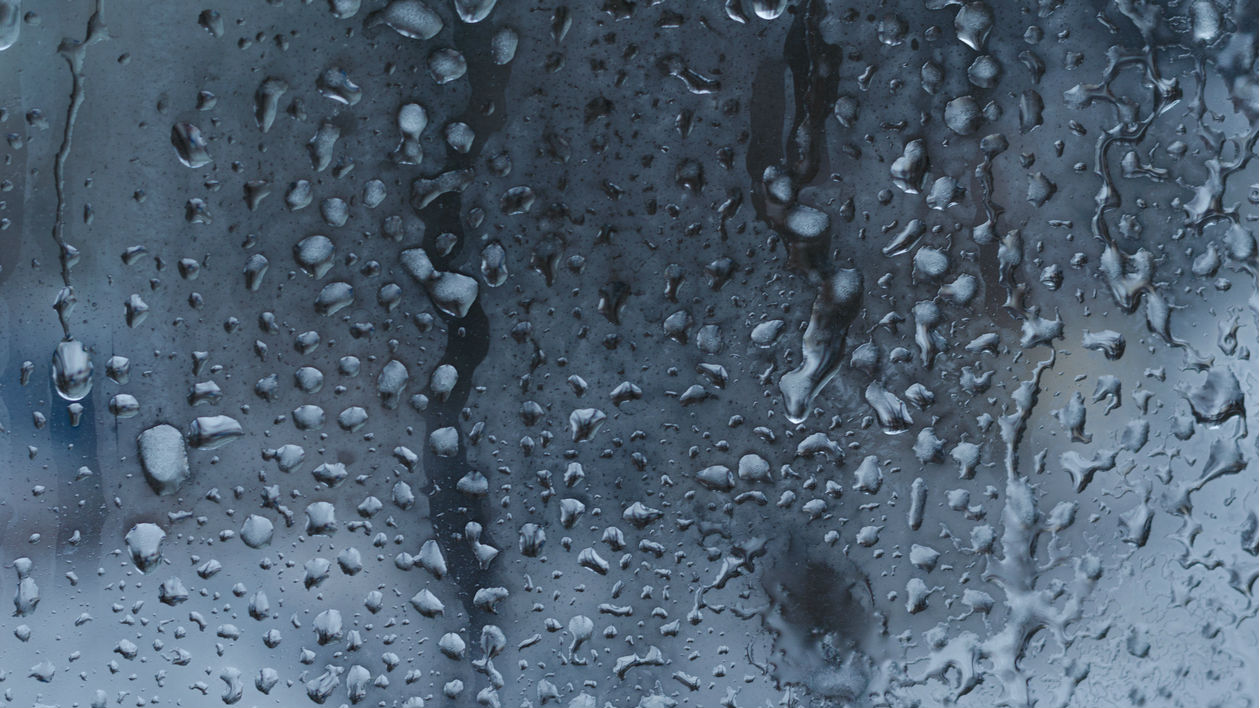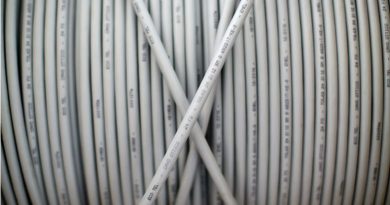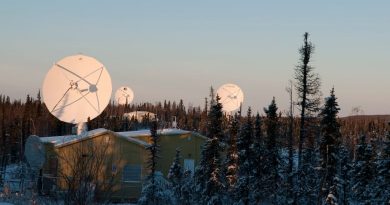Temperatures in Northern Finland could soar 40 degrees Celsius in one day

Before 7.00am on Friday, temperatures in Muonio, western Lapland measured -35 degrees Celsius. However by Saturday morning they will reach +5 degrees – meaning that conditions in the north will warm up by an astounding 40 degrees overnight.
However at the same time a weather system will dump freezing rain across the country. According to Yle meteorologist Matti Huutonen, it is unusual for both phenomena to have such a large-scale effect. He added that there are no records to indicate the last time there was such a radical temperature change in a 24-hour period.
By 10.00am on Friday, the temperature in Muonio had risen to -17 degrees, already exceeding the usual daytime temperature change. At this time of year, the sun generally causes conditions to warm up by between 10 and 15 degrees.
Road conditions difficult
The freezing rain expected on Saturday could make road conditions challenging in a zone stretching from Ostrobothnia (west) to western Lapland. Huutonen cautioned motorists to exercise caution on Friday night and Saturday morning.
Conditions on Saturday will be ideal for taking a turn outdoors as highs will be quite spring-like, rising above freezing throughout the country.
Huutonen said that the sun’s growing influence will make winter seem a thing of the past as snow cover rapidly shrinks, starting from the west and southwest.
The Yle meteorologist speculated that in about a week and a half, the snow would likely have melted in a region ranging from Ostrobothnia in the west to Uusimaa in the south.
Related stories from around the North:
Canada: -36 degrees Celsius: just another day in Yellowknife, Northern Canada, CBC News
Finland: Less snow cover, shorter winters in Finland since 1960s, Yle News
Norway: New climate report predicts extreme warming for Arctic Svalbard by 2100, The Independent Barents Observer
United States: 2018 was the 4th-warmest year on record, NOAA and NASA reveal, CBC News



